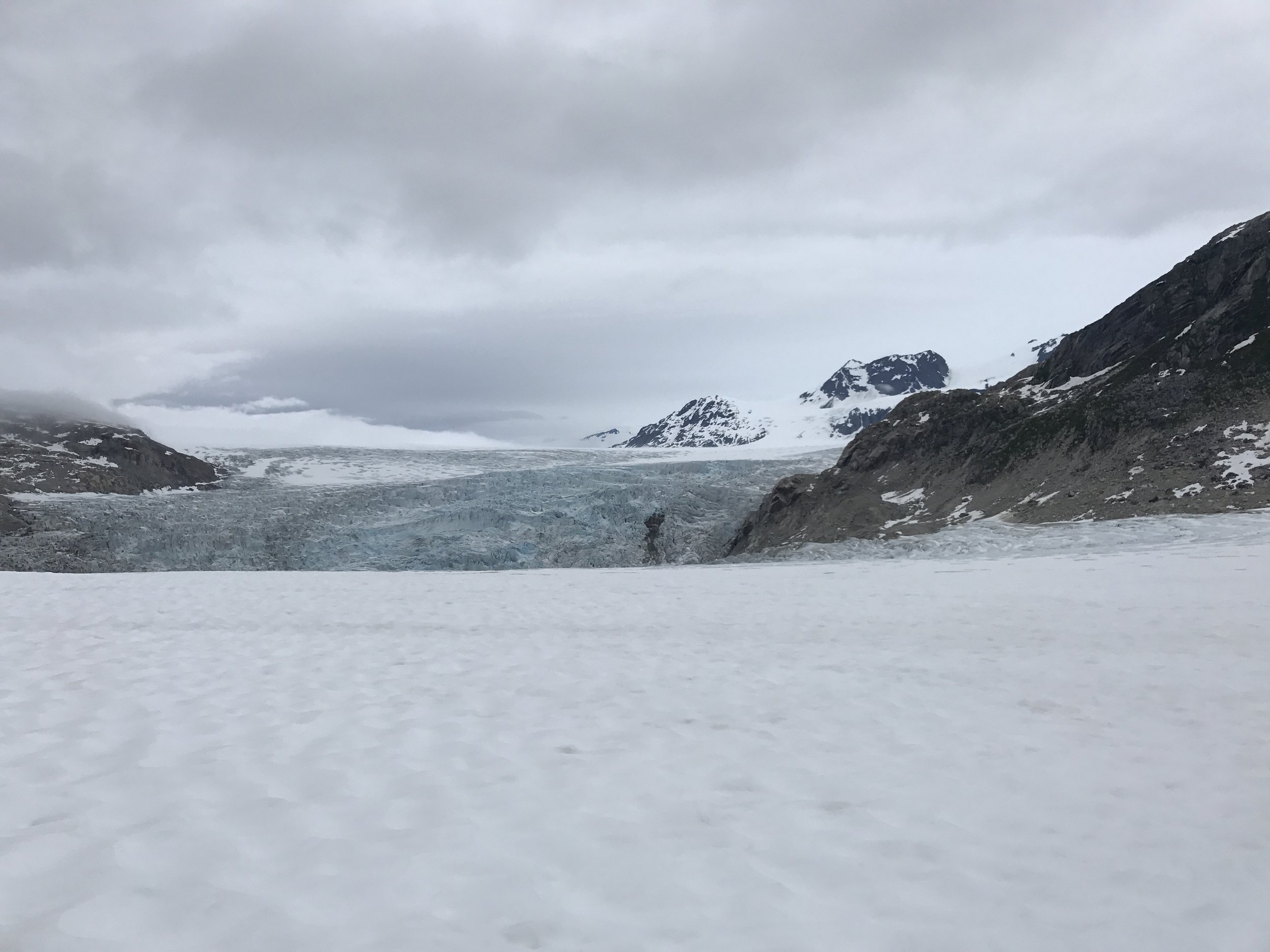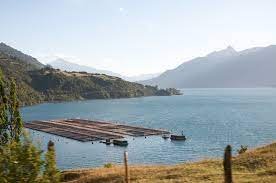
Patagonia is one of the last frontiers of marine research.
This remote environment is difficult to access, and its relative removal from direct human impact allows the waters to Chilean Patagonia to serve as a beacon for environmental change.
Darwin described the coastlines of Patagonia on the Voyage of the Beagle in 1845. A wide database of historical and modern accounts of this ecosystem give us a unique opportunity to understand how our oceans will respond to climate change and other human impacts.
However, Patagonia is difficult to access and even more difficult to study. This is the gap we aim to fill on iONA.
We collaborate with researchers, universities and organizations that are contributing to cutting-edge marine, social and environmental science. The results of our research will be open access and will be communicated through publications, film, and other media.
Patagonian Kelp Cover
The diverse kelp forest ecosystems of Chilean Patagonia harbor a diversity of marine life. These forest are under threat from changing ocean conditions and climate change. By using historical records, nautical charts and satellite imagery, we can reconstruct the rate of change and make predictions about the future of this important ecosystem.
Fjord Aquaculture
Fish farming provides an important source of animal protein and economic security to coastal communities while taking pressure off wild fish populations. Understanding the social-ecological systems that influence aquaculture in Patagonia is essential for providing recommendations to conserve ecosystems and ways of life for Chilean fishers.
Mammal and Seabirds
The inaccessibility of this area makes documenting and describing the seasonal variation in species assemblages difficult. By collecting more information on marine mammals and seabirds, we can contribute to the ongoing conversation and understanding of these species.



